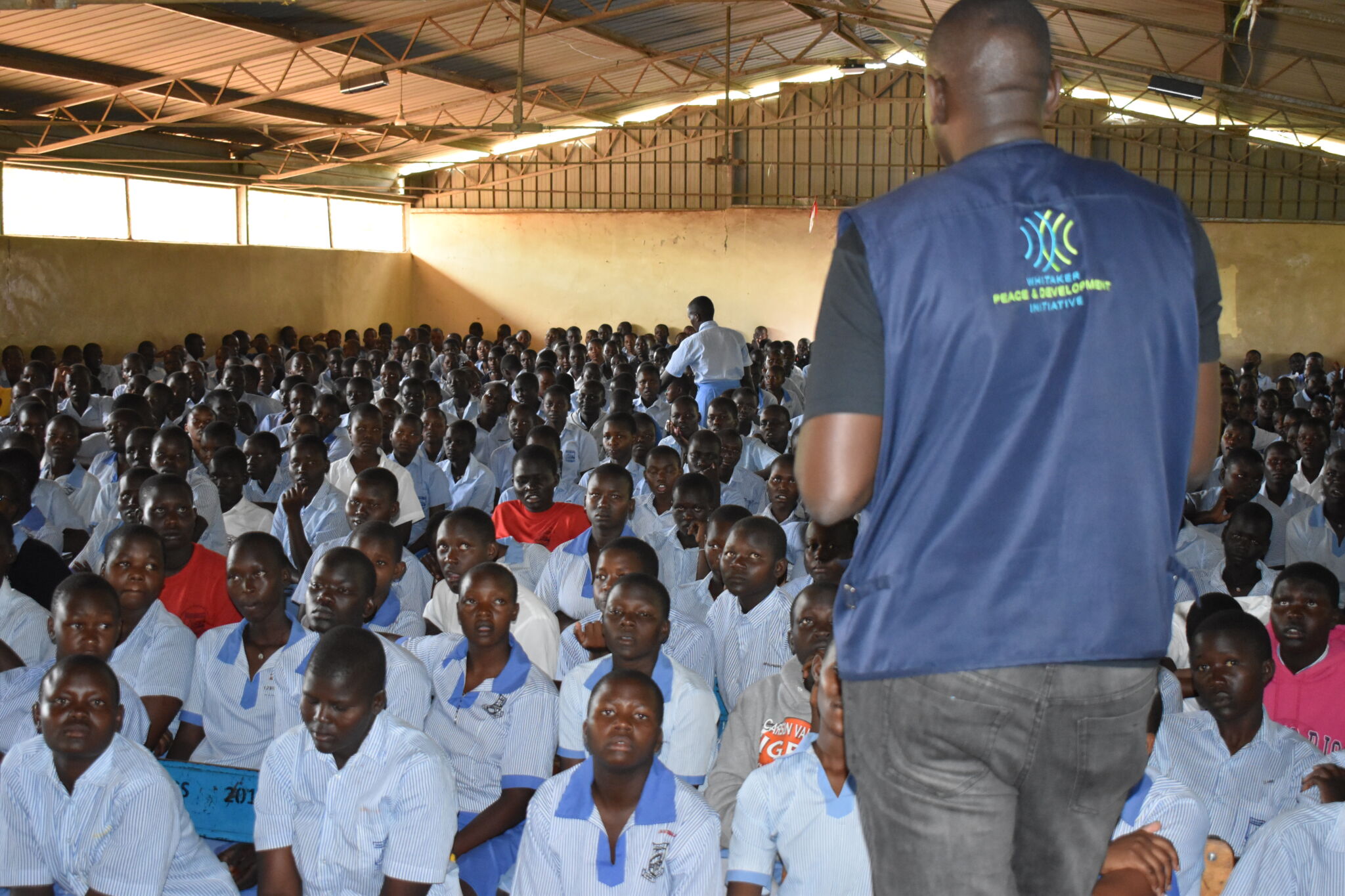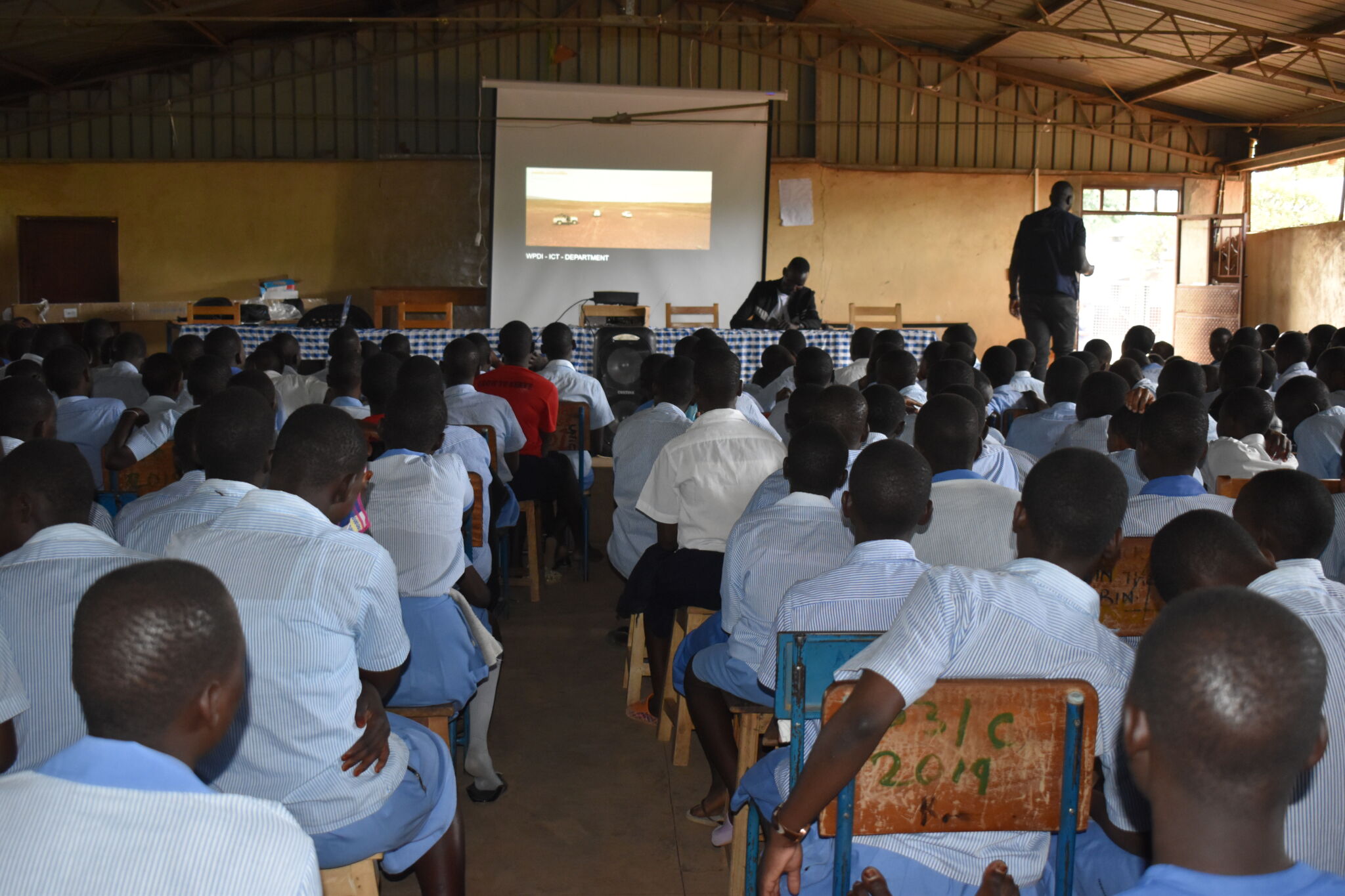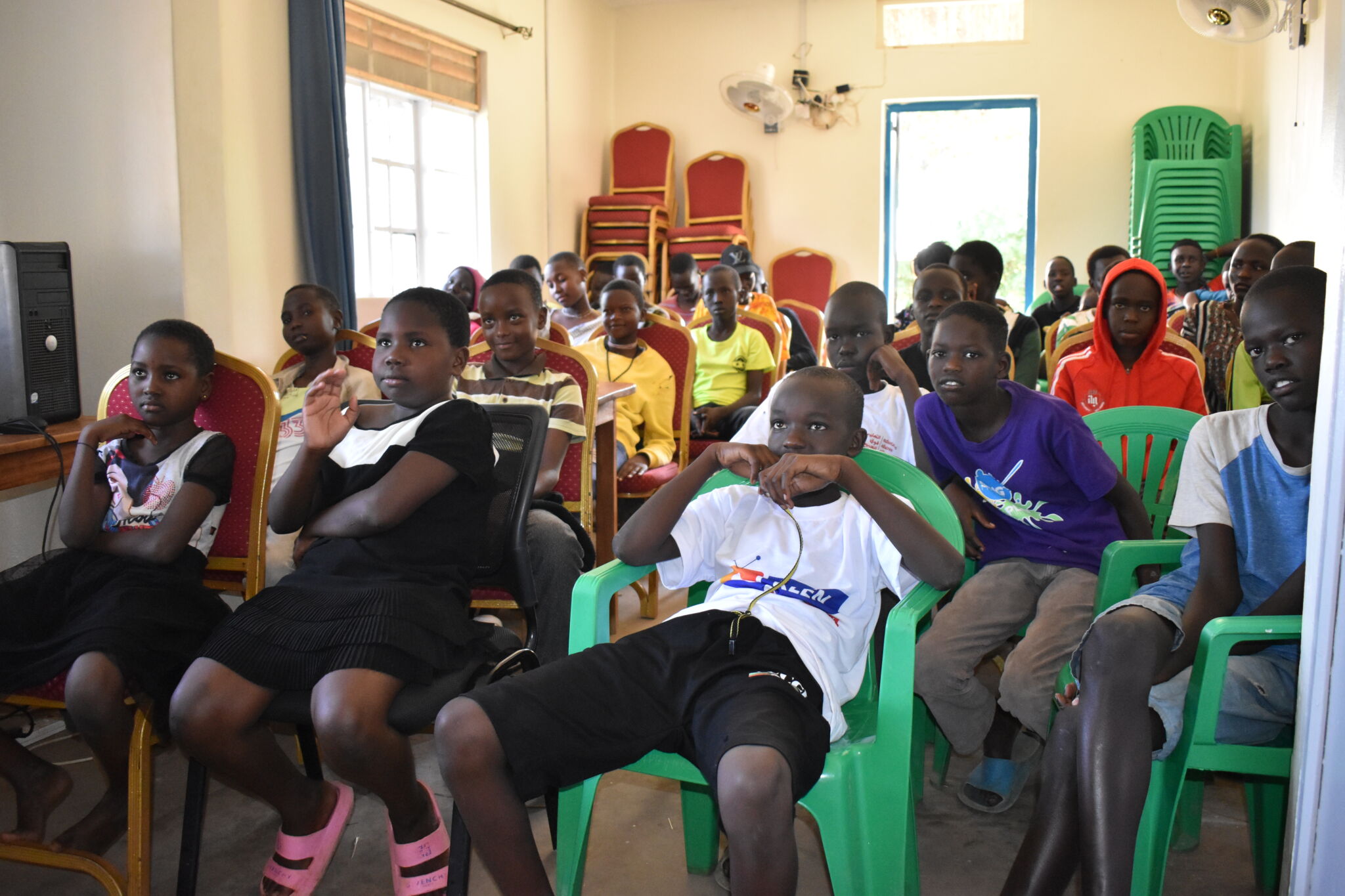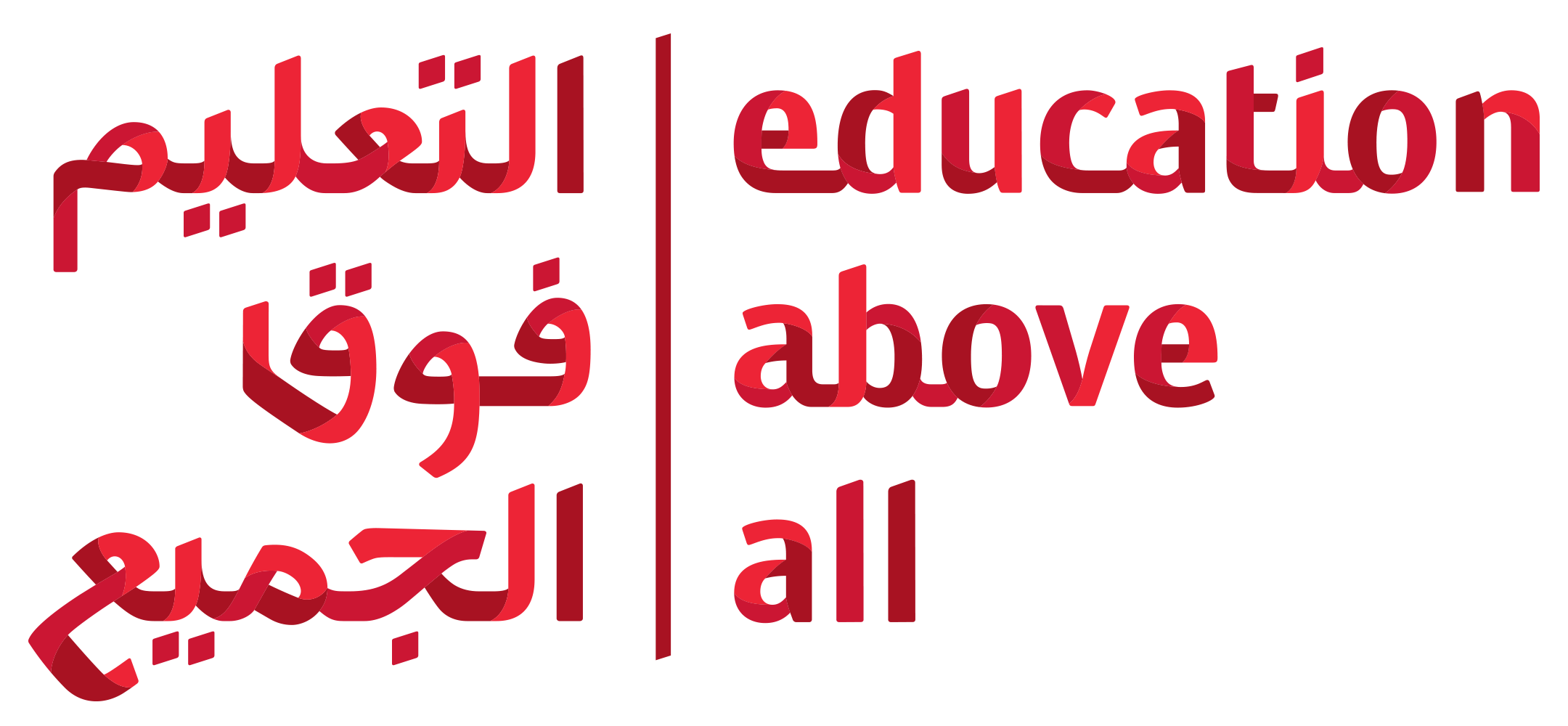January 29, 2024 – In communities grappling with conflict and armed violence, the prevalent mindset often resists notions of reconciliation, tolerance, and forgiveness. Reframing community mindsets towards nonviolence and respect for the universal dignity of people is a demanding process that requires committing to values of openness and, especially, genuinely respecting people’s freedom of thought. It is therefore indispensable to approach such a mission with the right tools in order to effectively engage and provoke individuals to confront the intricacies of their experiences with conflict and violence, while fostering the conviction that peace is attainable even in the most challenging situations.

Cinema, with its unique and appealing power to present characters and stories, can provide a basis for reshaping perceptions of people, events, and our perspectives on the past, present, and future. Throughout his career as an artist and filmmaker, WPDI’s CEO and founder, Forest Whitaker, has experienced and experimented with the transformative power of film as a vector for reflecting social change.
This is how he came to the idea of our Cinema for Peace initiative, which recognizes and harnesses this profound ability to open minds and initiate conversations about values, attitudes and behaviors conducive to peace and reconciliation. By leveraging the emotive and thought-provoking nature of films, it becomes a starting block to stimulate dialogue, encouraging participants, be they children, youths or adults, to explore avenues for understanding, empathy, and ultimately, sustainable peace. In the framework of this program, each movie projection is followed by a group discussion, allowing them to share ideas about the message of peace and moral values presented in the film they watched together.

At the end of 2023, we ran a targeted Cinema for Peace program for 1,765 individuals in the Karamoja Sub-Region of Uganda, one of the areas most affected by violence in the country. The purpose of this initiative was to open their minds to ideas of peace and reconciliation by introducing them to stories and characters that focus on issues pertaining to the peaceful resolution of conflict. 12 screenings took place for students and community members, and the feedback was extremely positive.
“I am 16 years old and a student at St. Mary’s girls secondary school in Madera. I live in the Swahili Juu village camp in the Moroto district. I heard about this program through a friend of mine and it has helped me solve a lot of challenges. Before this program, I used to think I couldn’t do anything that my friends could do. I used to have low self-esteem which is not good. Thanks to this program, I am a brave girl just like the queen of Katwe and also fearless just like Shaka the one in the Zulu and other things like being strong, courageous, having trust in myself and also being a God fearing girl. I’d like to conclude by saying this program should continue to help the children of Karamoja and make them good citizens of Uganda and help develop their country,” Akol Emily Modo.

With its potential for sparking reflection and debate, cinema proves to be highly effective for helping to raise awareness about social issues, amplify marginalized voices, and foster mutual understanding and empathy. Through storytelling and collective intelligence practices, our Cinema for Peace program has helped make significant progress in many settings in our quest for challenging disempowering norms and transforming mindsets, while stimulating participants’ capacity for self-reflection. When aptly mobilized, films can be a powerful vector for disseminating a culture of peace where violence has been prevalent for extensive periods. The hope behind our work in Uganda is, in this respect, to foster the rise of new generations of filmgoers, of filmmakers and, ultimately, of peacemakers.
In partnership with
